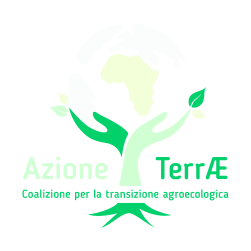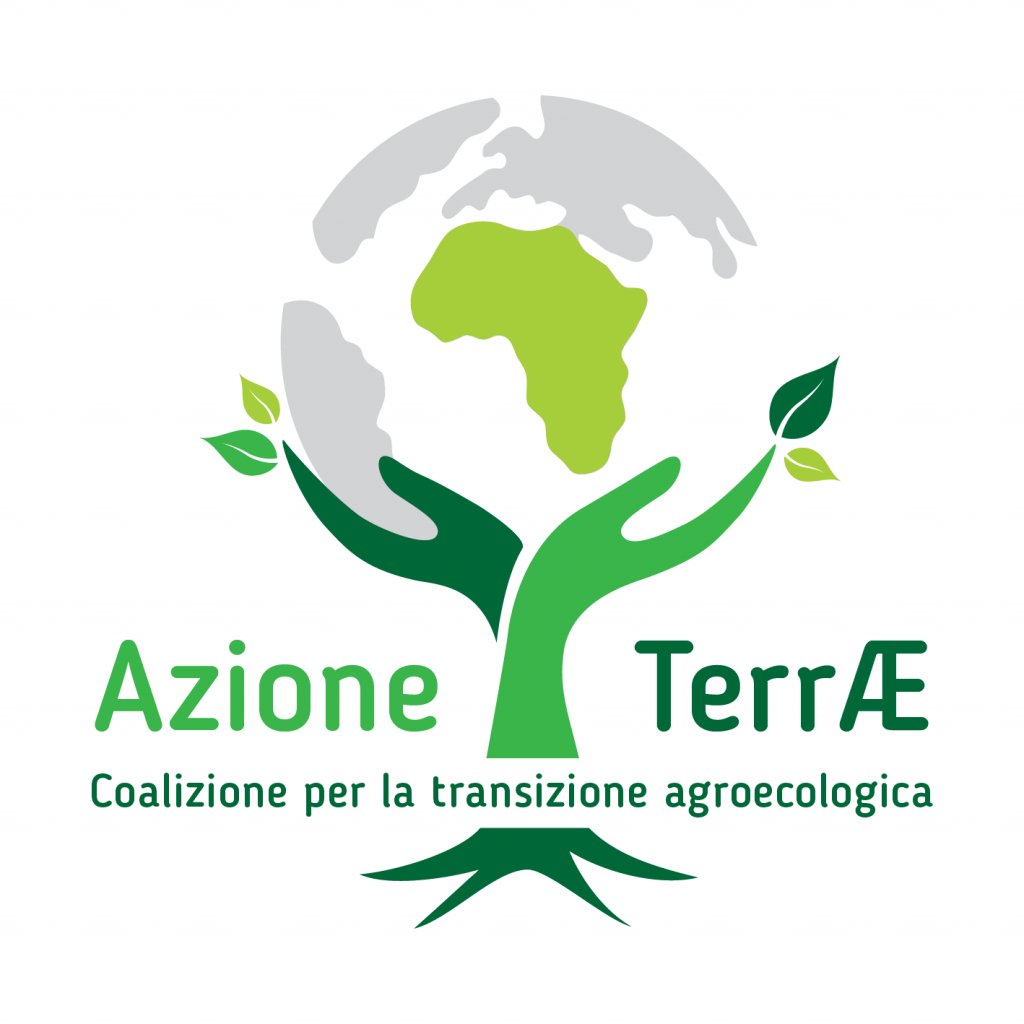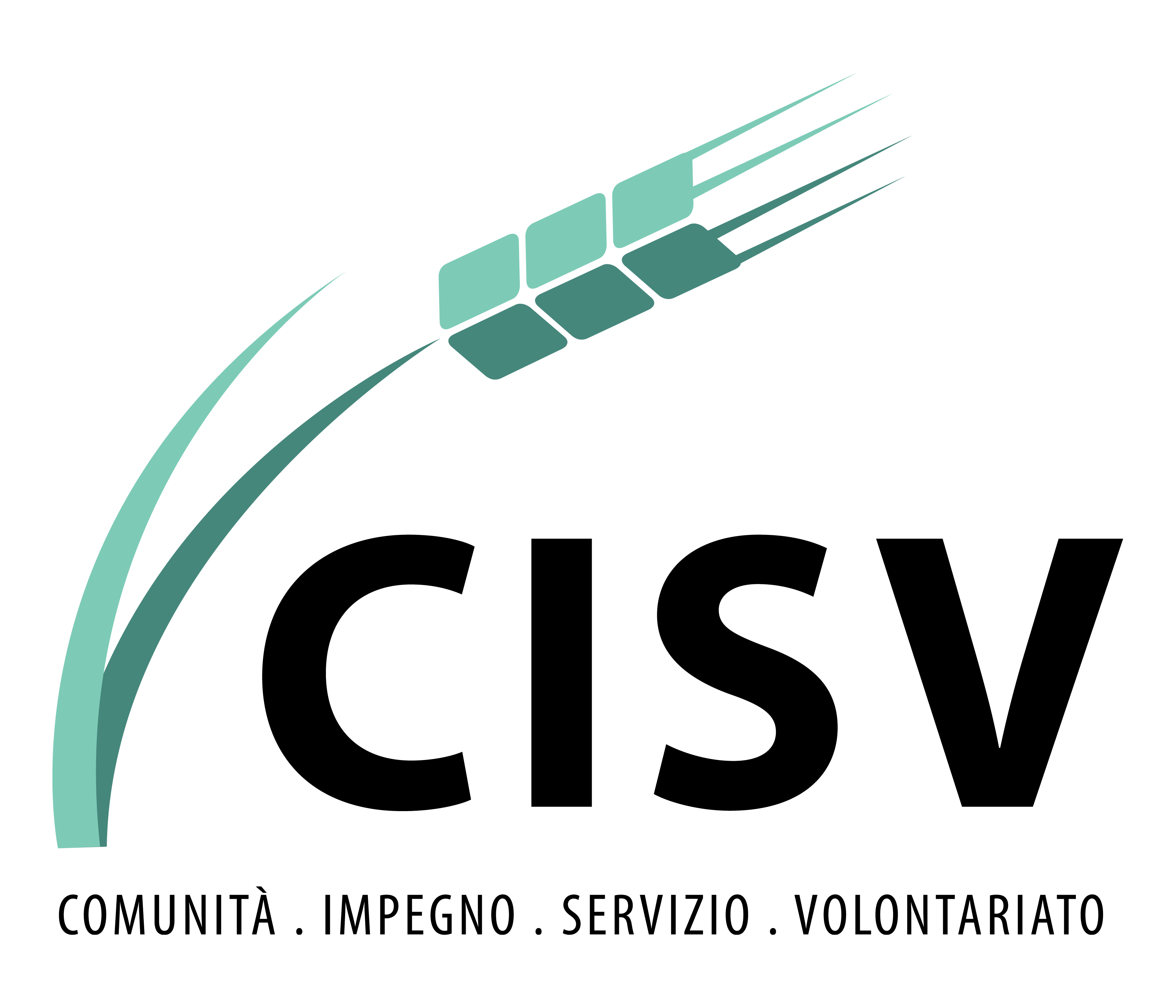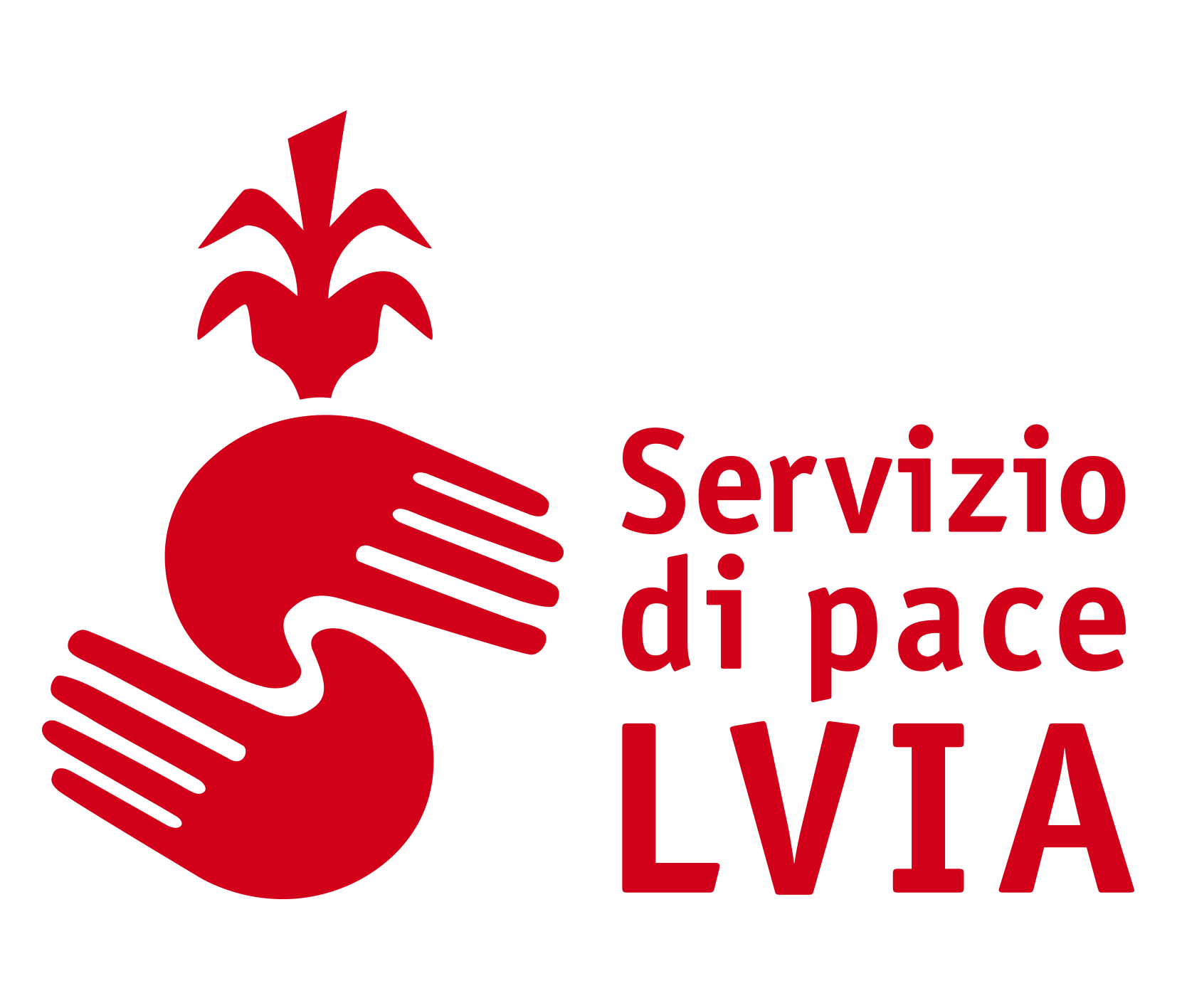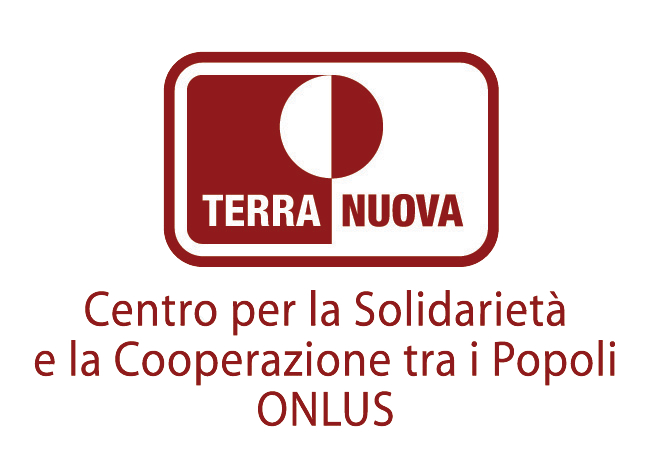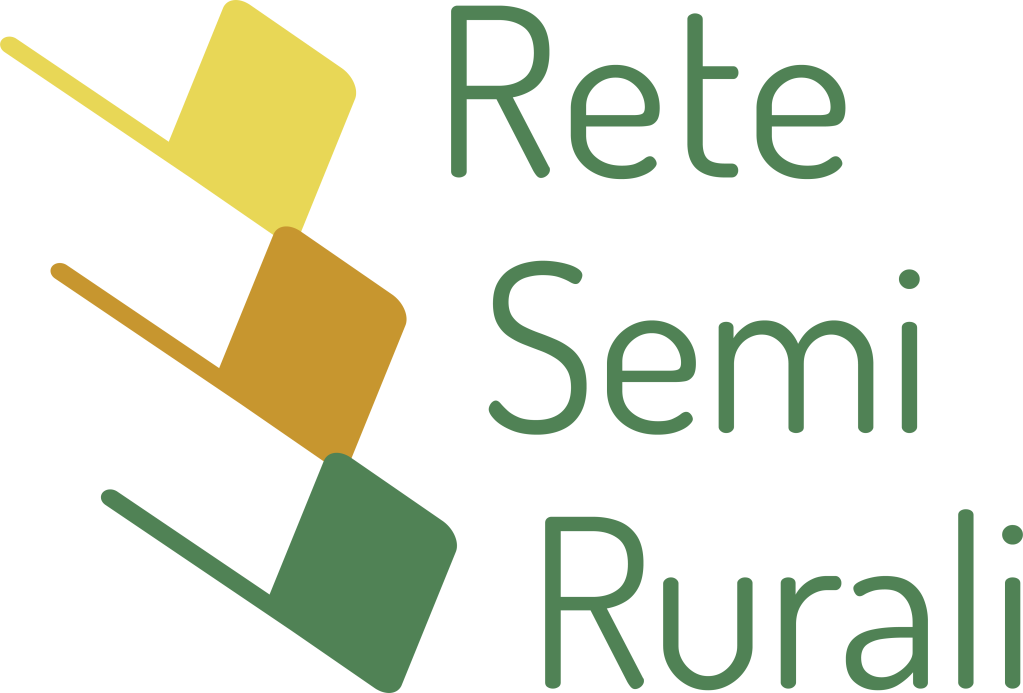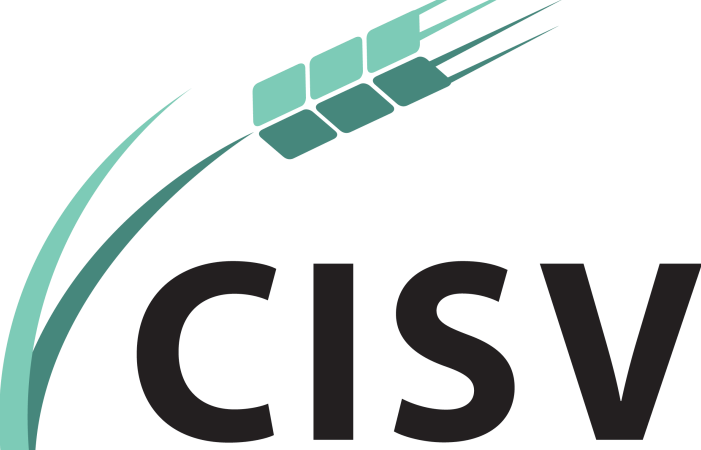Coalition for the
agroecological transition in Africa
agroecological transition in Africa

Purpose
Azione TerrAE was created with the common intent of urging an urgent response to the climate crisis scenario, with the goal of supporting the agroecological transition in West Africa and in international cooperation policies and programs.
An alliance born with the will and ambition to act as a collective subject in one of the most troubled areas of the planet. Sharing expertise and resources in both program implementation and strategy formulation, and promoting dialogue and collaboration with the entire “Italian system”: from governmental to decentralized cooperation, from foundations to the diverse universe of civil society engaged in the themes of solidarity, rights, social and environmental justice, and agroecological transition.

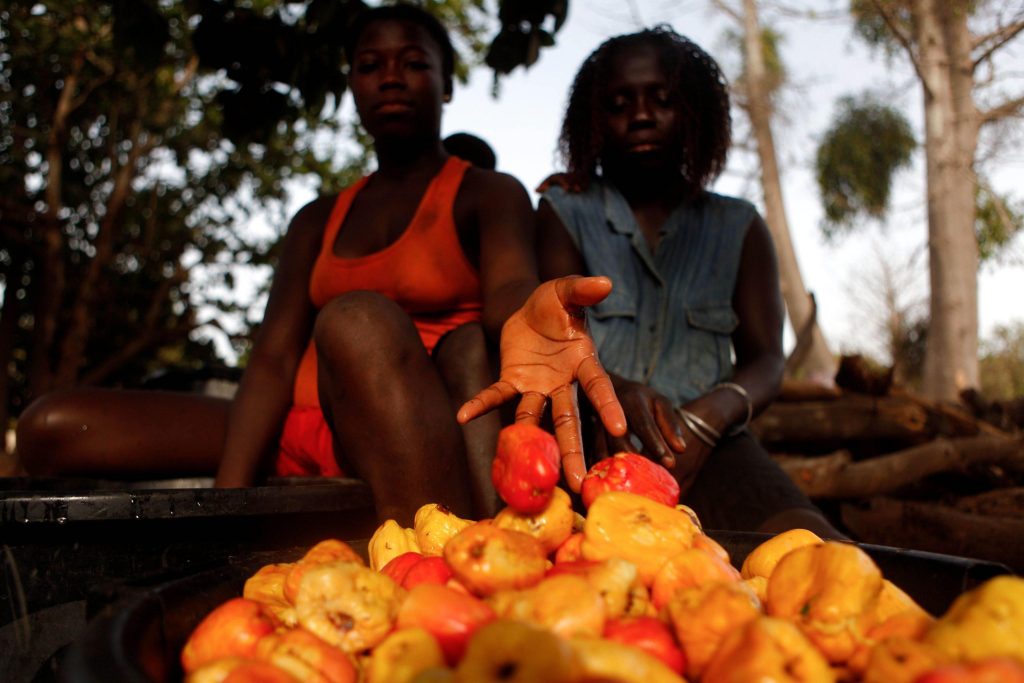

A scenario of
Crisis
Crisis
West Africa, particularly in its Sahelian belt, is today going through a very serious crisis where the great global challenges of our time are intertwined: climate change, demographic pressure, social imbalances, and the violation of human rights. From this intertwining stem the region’s major critical issues: conflict and insecurity, international and internal migration, massive exodus from rural areas to urban centers unprepared to receive the flows, recurring food crises, and insufficient employment and income opportunities.
The answers of the
Agroecology
Agroecology
It is an approach that requires continuous experimentation on the part of those who work the land, constantly evolving with changing internal and external factors in the agroecosystem to produce a complex set of goods and services of various kinds that improve environmental quality while diversifying income opportunities. Within this vision, health occupies a central role: for zeroing the risks of contamination linked to the use of herbicides and pesticides, for improving the nutritional values of products, and for curbing the outbreak of diseases linked to intensive livestock farming and the destruction of natural habitats caused by industrial agriculture.

Latest News

Strategic themes and lines of action
The goal is to support public policies consistent with the agroecological vision on priority issues such as the distribution of and access to primary resources; the protection of biodiversity, traditional seed heritage and the intellectual property of the same; the recognition of peasant knowledge; the commercial protection of local products and the promotion of proximity markets; the enhancement of agriculture including in urban and peri-urban areas; and the development of the investments needed to support the transition underway.
Earth
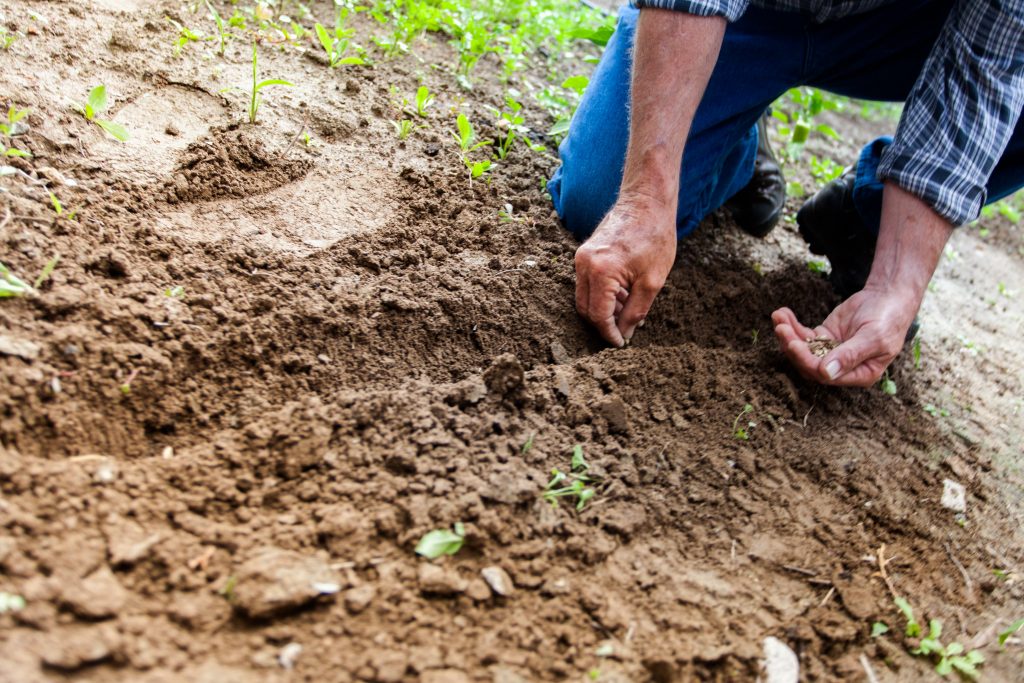
For the peoples of West Africa, land, as a continuum of agricultural soils, pastures, forests and waters, is life, a link to their roots, a means of production, a source of essential services, a condition of resilience. But also an increasingly scarce and difficult-to-access resource for the most vulnerable sections of society. It is on the environmental side, because of desertification, soil erosion and salinization, and deforestation, due to climate change and unsustainable production practices. And on the social one, due to the combined effect of the fragmentation of Enterprises, as a result of demographic pressure, and their concentration, caused by landgrabbing, biomass production for energy purposes and other speculative phenomena. Agroecology addresses all these aspects with:
- The rehabilitation and sustainable management of natural resources, soils, forests and water, and agro-sylvo-pastoral systems;
- The development of inclusive and accountable land and water governance tools;
- Capacity building to manage and resolve natural resource disputes.
Seeds
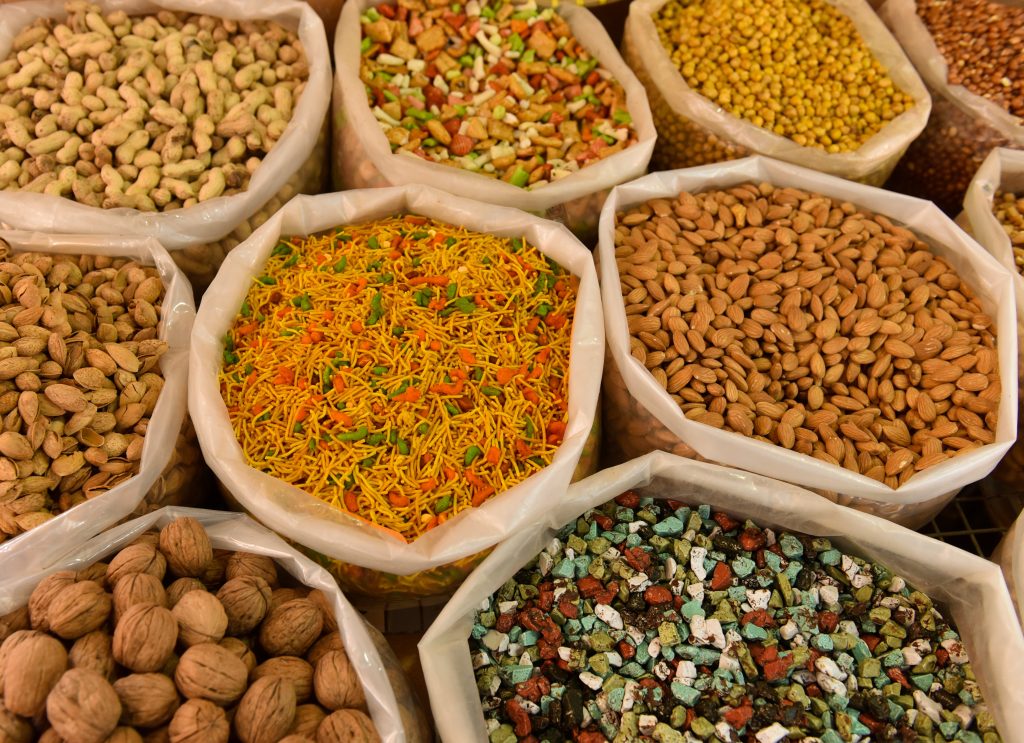
In order to sustain the resilience of agri-food systems, even in light of a future unpredictable climate variety context at the local scale, it is crucial to develop decentralized and participatory models of research and extension, including genetic improvement. The issue of agrobiodiversity at all its levels, from seeds to related knowledge, must become cross-cutting in rural development projects, consistent with ìthe FAO Treaty on Resources
genetics for agriculture and food (ITPGRFA), of which Italy is a major funder. First and foremost, safeguarding the rights of producers and manufacturers enshrined in the treaty.
Markets

To take advantage of the opportunities offered by the varied and diverse production of goods that characterizes both Agroecology and family farming in West Africa, family businesses, cooperatives, and peasant organizations need access to ‘markets’ and terms of trade that they are able to govern and not suffer. “Territorial” markets linked to local, national and regional agricultural systems play a key role not only in food security and the preservation of biodiversity and nutrition, but also in the exchange of information knowledge about products and food, the development of social relations, the involvement of women, and are able to ensure the added value in the hands of rural economy actors.
Services
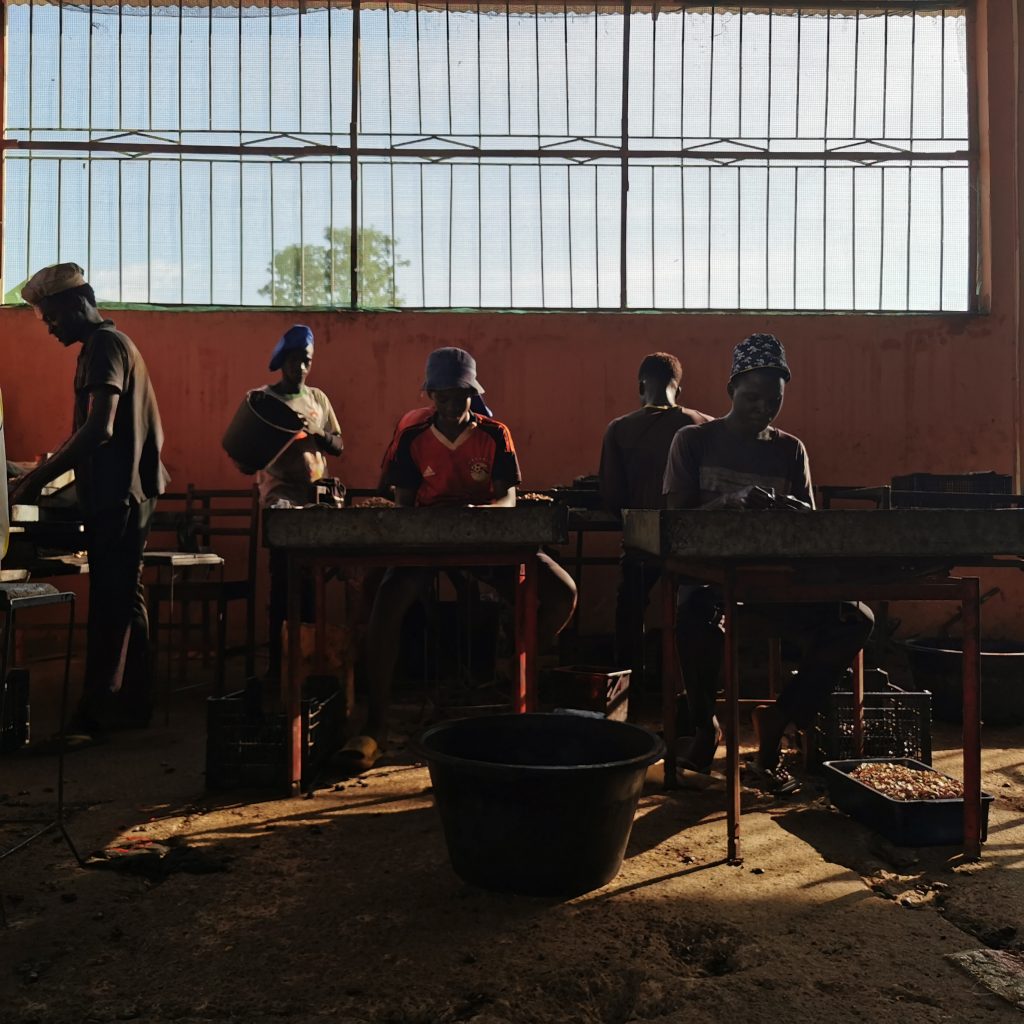
The agroecological transition needs innovative support services for producers and women producers, taking into proper consideration issues of gender equality and decent work in terms of rights and labor intensification. Innovations that encourage a reduction in the use of external inputs and promote an advanced service economy as an employment opportunity for the younger generation, with the creation of new job profiles.
Women
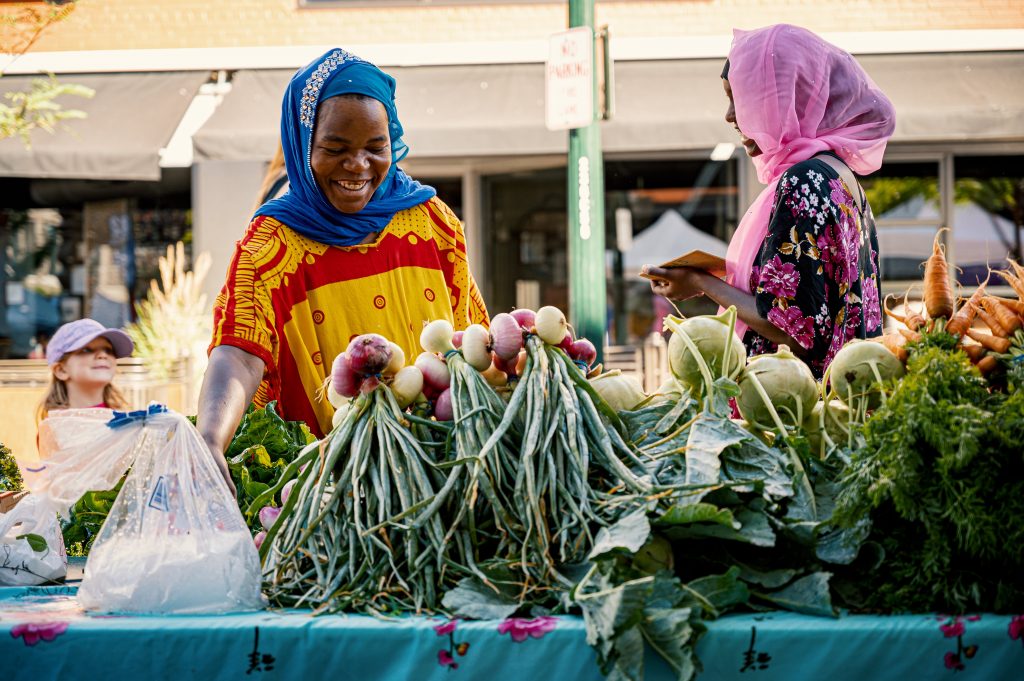
In West Africa, the role of women is central in food production and environmental care: it is not central in participation in decision-making processes. They are, together, the most engaged in agricultural work and the social group most denied access to land. They play a strategic role in food sovereignty and household nutrition, but there is no recognition of this livelihood economy in public policies, which are still set on patriarchal and gender inequality models. Therefore, valuing their contribution to the agroecological transition must go hand in hand with full recognition of their rights.
Young
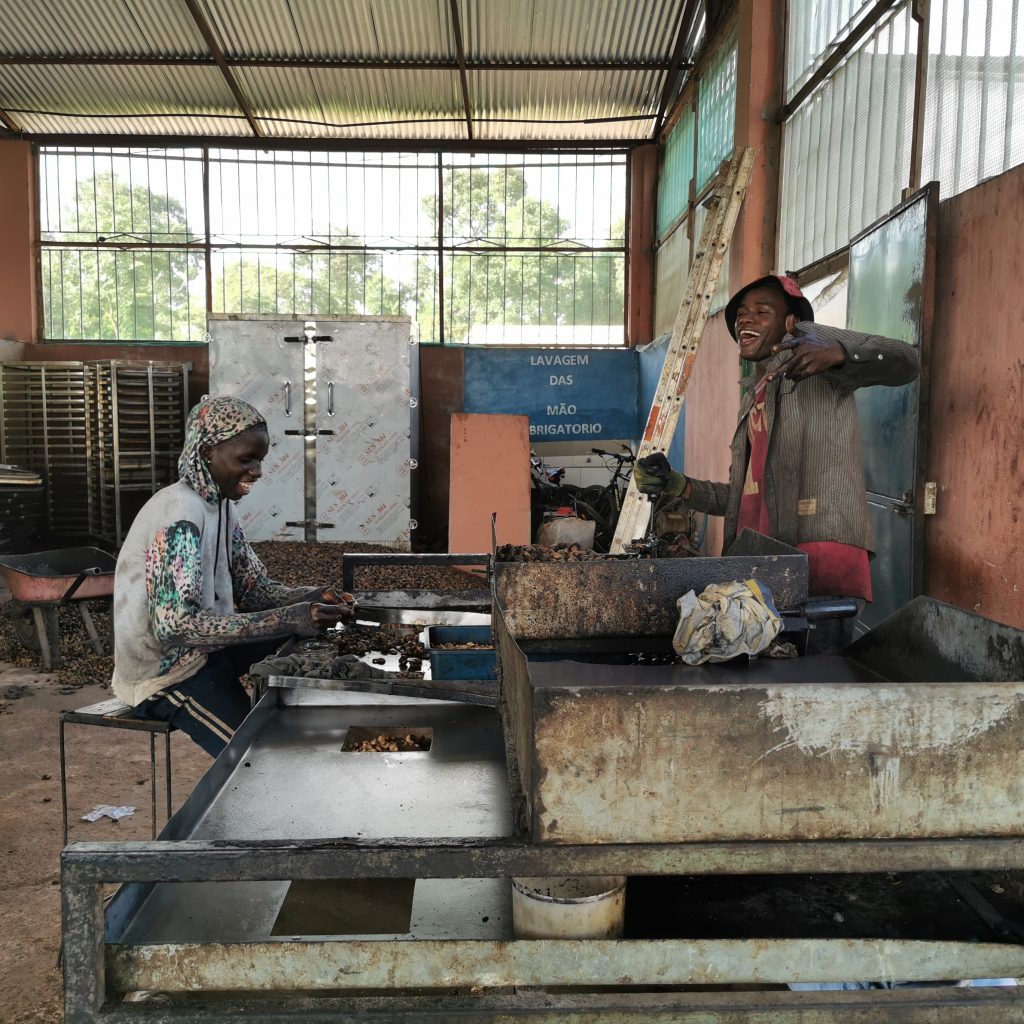
Recognizing and strengthening the role of youth and young people is the first step in countering their emigration from rural areas, caused by lack of employment opportunities and poor access to productive resources. To make work in agriculture attractive and facilitate generational change, it is crucial to trigger a process of consultation within families, communities, civil society organizations and public administrations, while fostering the creation of jobs and income-generating activities based on the all-round development of skills and competencies.
La coalizione Azione Terrae è supportata da


